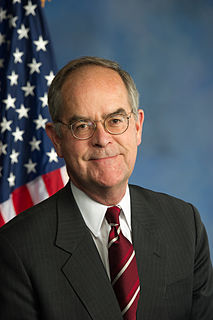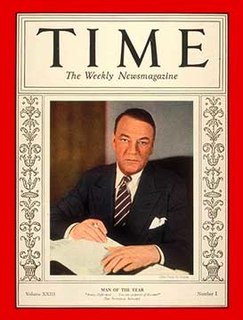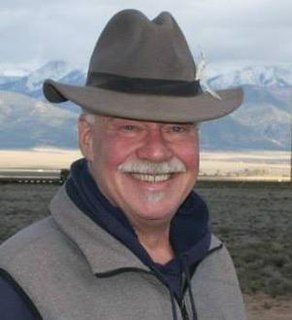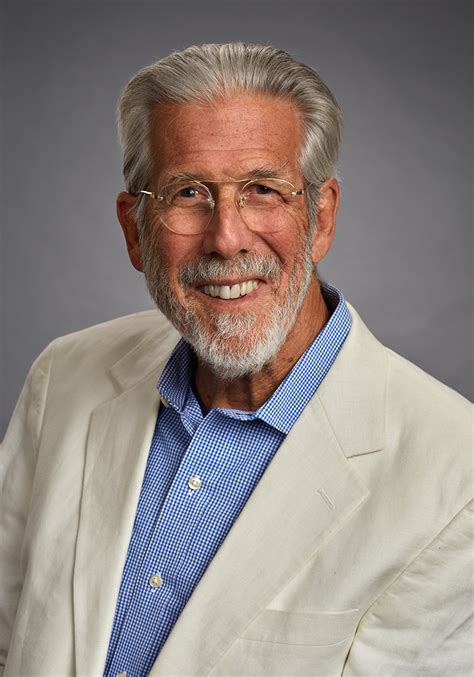A Quote by Harry Reid
I think it would be interesting to know about the Federal Reserve. I think we should audit the Federal Reserve - it's taxpayer's money that's being used there.
Related Quotes
The tenth amendment said the federal government is supposed to only have powers that were explicitly given in the Constitution. I think the federal government's gone way beyond that. The Constitution never said that you could have a Federal Reserve that would have $2.8 trillion in assets. We've gotten out of control.
Transparency concerning the Federal Reserve's conduct of monetary policy is desirable because better public understanding enhances the effectiveness of policy. More important, however, is that transparent communications reflect the Federal Reserve's commitment to accountability within our democratic system of government.
If the Federal Reserve pursues a policy which Congress or the President believes not to be in the public interest, there is nothing Congress can do to reverse the policy. Nor is there anything the people can do. Such bastions of unaccountable power are undemocratic. The Federal Reserve System must be reformed, so that it is answerable to the elected representatives of the people.
When it comes to the Federal Reserve, there's an awful lot of books out there; in my library, I bet I've got 200 books if I've got any on the Federal Reserve. And we don't need any more books, we need action, and that's what the Liberty Dollar did, it gave people a way to take action. Our catch phrase was you want to "make money, do good, and have fun," and people really responded to that.
It may seem strange, but Congress has never developed a set of goals for guiding Federal Reserve policy. In founding the System, Congress spoke about the country's need for "an elastic currency." Since then, Congress has passed the Full Employment Act, declaring its general intention to promote "maximum employment, production, and purchasing power." But it has never directly counseled the Federal Reserve.






























